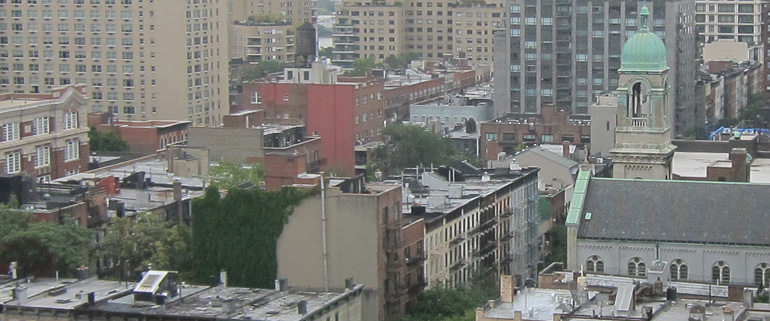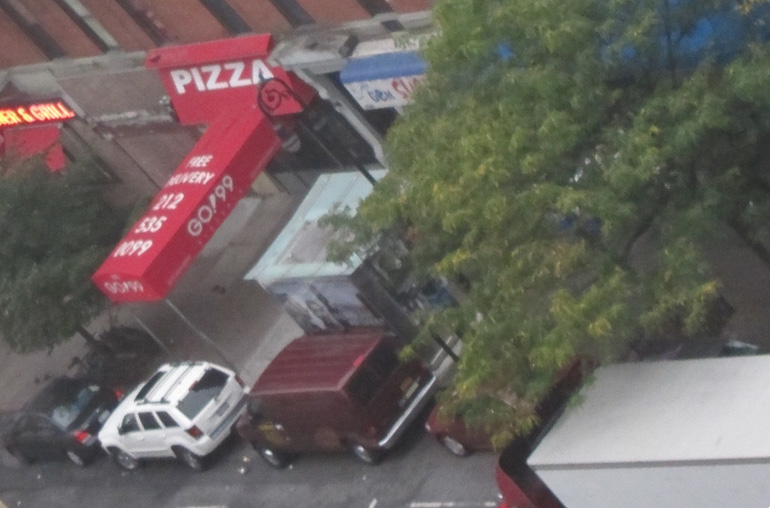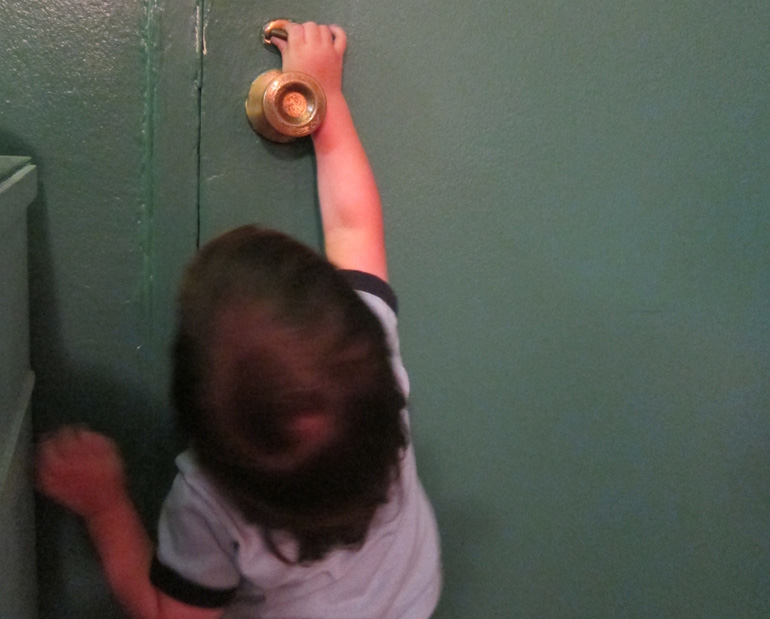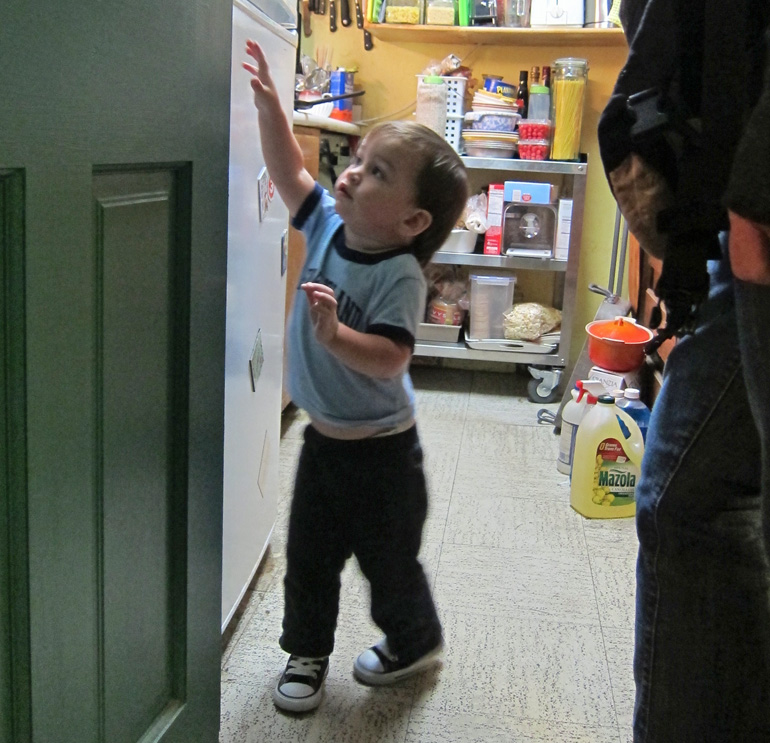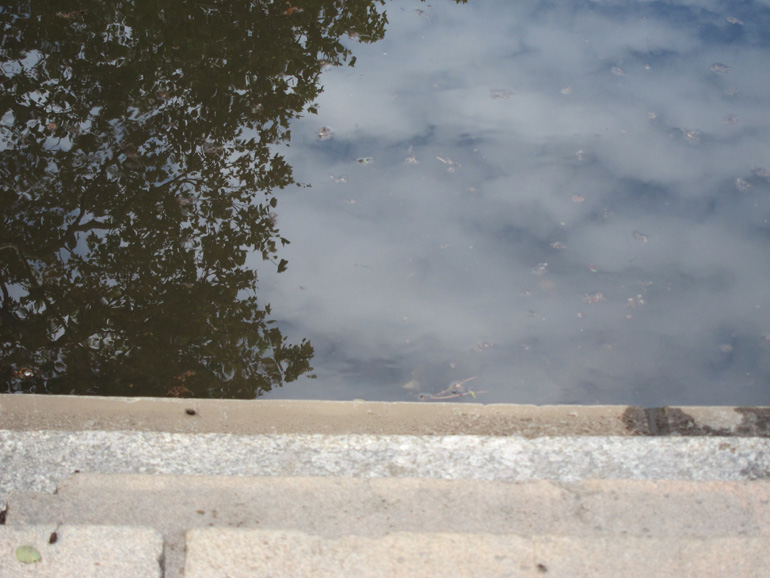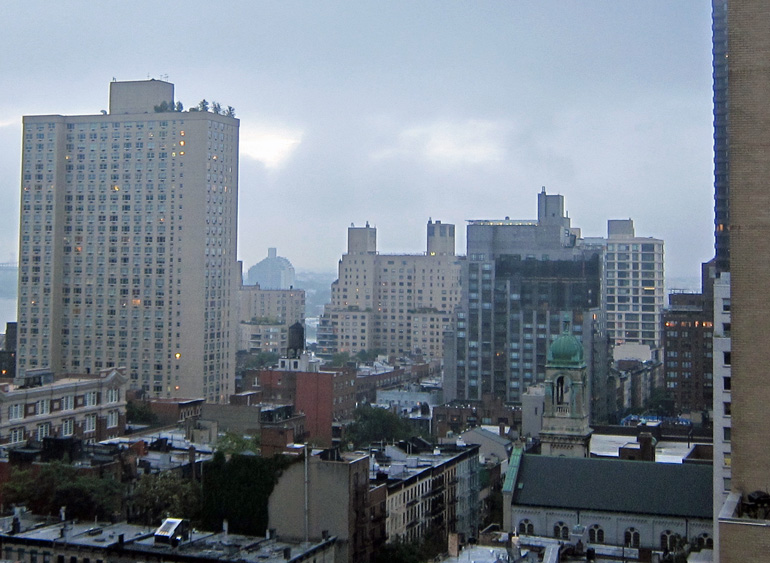
A friend to whom I mentioned that I’d just seen Warrior told me that the trailer had made her think that it was just a retread of The Fighter. But the pictures are so dissimilar, in their excellent ways, that to rank them or to look for parallels is a complete waste of time. Only at their deepest roots do the two movies have anything in common, and Warrior makes so much more of this common matter, and yet does so so much more quietly, that the resulting shows are no more alike than Elizabeth II and Richard Nixon — who was said to be four-hundredth-and-something-th in line for the English throne.
What Warrior and The Fighter have in common (not even the boxing rings are the same) is Uncle Spam: a United States economy that has turned against its working classes. Not only does it no longer protect and support them, it exploits them. Garrett Keizer put it to his high-school students in Vermont (as he does to his readers at Harper’s) with stark eloquence:
I did on one or two occasions tell my students they were living in a society that valued people of their age, region, and class primarily as cannon fodder, cheap labor, and gullible consumers, and that education could give some of the weaponry necessary to fight back.
Warrior takes a somewhat darker view. One of the protagonists, Brendan Conlon (Joel Edgerton), actually teaches physics in high school — so “education” has given him just about everything that it has to offer without actually pushing him into the exploiting elite. (Would that count as “fighting back”?). But education hasn’t saved him from being a “gullible consumer”; he appears to have fallen for some toxic variant on the variable-rate mortgage. He will lose his home, the house where he and his wife, with three jobs between them, are raising their two little girls, if he doesn’t come up with some money fast. A former UFC fighter, he jumps into a parking-lot ring and makes a quick couple of hundred bucks. He also gets his face knocked up, which leads to his suspension without pay as a teacher — not anytime recent has America’s taste for mean respectability been so clearly deadpanned at the movies. No, I would say that education’s weaponry has been hardly more helpful to Brendan than the Army’s matériel has been to his brother Tommy (Tom Hardy). Tommy, a Marine who, while AWOL, has saved a tankful of soldiers with some single-handed superheroics, deserted after his entire platoon was extinguished by “friendly fire.”
You could blame Paddy Conlon (Nick Nolte), the old man, a reformed but once-vicious drunk, for his boys’ misfortunes, but I don’t think it would stick. One way or another, he has made thoroughgoing stoics of the two of them, such that the only thing that they have in common is no use for their father. If he is beneath their blame, he can’t have been all bad.
Whatever you do, don’t stay away from Warrior because of my high-flown indignation about the American let-down. It probably wouldn’t have occurred to me to pin this kind of critical response to Warrior if Garrett Keizer’s bleak valediction hadn’t been ringing in my ears. Go to see the sterling performances given by the three actors whom I’ve mentioned, as well as by Jennifer Morrison, Frank Grillo, and Kevin Dunn. I went primarily to see the startlingly versatile Tom Hardy, and to say that he did not disappoint would be the understatement of the millennium.
***
Jenny Diski is one of my favorite journalists, and to meet her in the pages of The New Yorker is a real treat. The Diary entry at her regular venue, the London Review of Books, is, not surprisingly, somewhat more provocative — The New Yorker already has plenty of writers who do “provocative.” Consider Janet Malcolm! — but it’s no smarter. Writing about shoplifting in the glossier publication, Diski retails a story that I thought I must already have read in her brisk memoir, The Sixties (which I’ve shelved right next to Lynn Barber’s An Education), but that I can’t, this morning, find there. From “The Secret Shopper”:
“…If you act like it’s yours no one will ask you to pay for it.” I found this to be true. Running an alternative school with almost no money in the early seventies, I made trips to a large bookstore in London and piled up reference books and textbooks until the tower nestled under my raised chin. Then I confidently walked out of the shop. Several times. No one ever stopped me. I had no qualms. It was a corporate-owned shop, and the books I stole were for the educationally and socially deprived kids I was working with. Even better than acting like its yours is righteously believing that it’s yours, or, at any rate, that you are robbing capitalistic hoods to feed the minds of the poor.
Of course, this sort of uplift is quite aside the point of Diski’s review of a new book about shoplifting — inferior, she thinks, to an earlier one from which it borrows — the point being that, hey, what a surprise, shoplifting was regarded as a gendered crime from the get-go (from the early days of the department store, that is), and then a gendered disease (kleptomania or hysteria, take your pick). Readers of The Sixties know that Diski has a particular interest in the treatment of mental unrest, and her Diary entry at the LRB is a highly discomfiting consideration of the Three Christs experiment that Milton Rokeach conducted in Michigan in 1959. Rokeach wanted to see how well three men, each claiming to be God, would be able to hold on to their professed identity if they were obliged to meet on a daily basis. Diski does a fine job of hoisting the good doctor.
“Because it is not feasible to study such phenomena with normal people, it seemed reasonable to focus on delusional systems of belief in the hope that, in subjecting them to strain, there would be little to lose and, hopefully, a great deal to gain.” This is a very magisterial “non-deluded” view of who in the world has or has not little to lose. Evidently, the mad, having no lives worth speaking of, might benefit from interference, but if they didn’t, if indeed their lives were made worse, it hardly mattered, since such lives were already worthless non-lives. It also incorporated that bang-up-to-the-minute idea that if you want to know about normality you could do worse than watch and manipulate the mad. The three Christs themselves, however, were of the certain opinion that they had something valuable to lose and made truly heroic effors, each in his own way, to resist, as well as to explain to Rokeach and his team that their lives had considerable meaning for them. All of them … had a very clear understanding of what it was to be deluded, why it might be a useful option to choose over normality, and who did and didn’t have the right to interfere in their self-selected delusions. Over the course of the research, each man indicated how far he was prepared to go along with Rokeach, how much he valued what was on offer, and when his boundary had been reached. And they did it with more than ordinary grace and dignity.
I think that it’s Diski’s ability to appreciate that grace and dignity that keeps her anger from consuming her alive.
***
I went to bed quite early last night; I was asleep shortly after ten. I was leaning on Lunesta pretty hard — I wasn’t actually sleepy — and it took a while to do its thing. But I did what I could to help. I concentrated on being comfortable in bed, and I thought about what I would write here when I got up in the morning. When I did get up, it was still completely dark, and as I lay in bed for a bit I couldn’t help worrying that I ought to try to get back to sleep; I had to remind myself that, no, I had slept enough, and now it was time to get up. Which I thereupon did.



